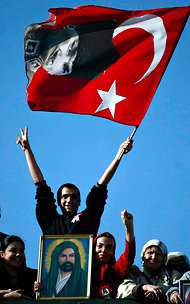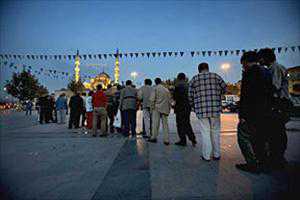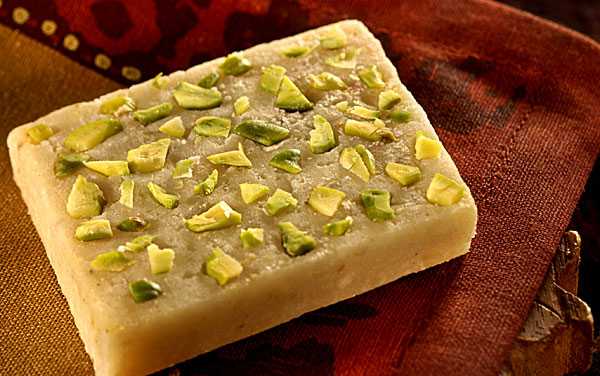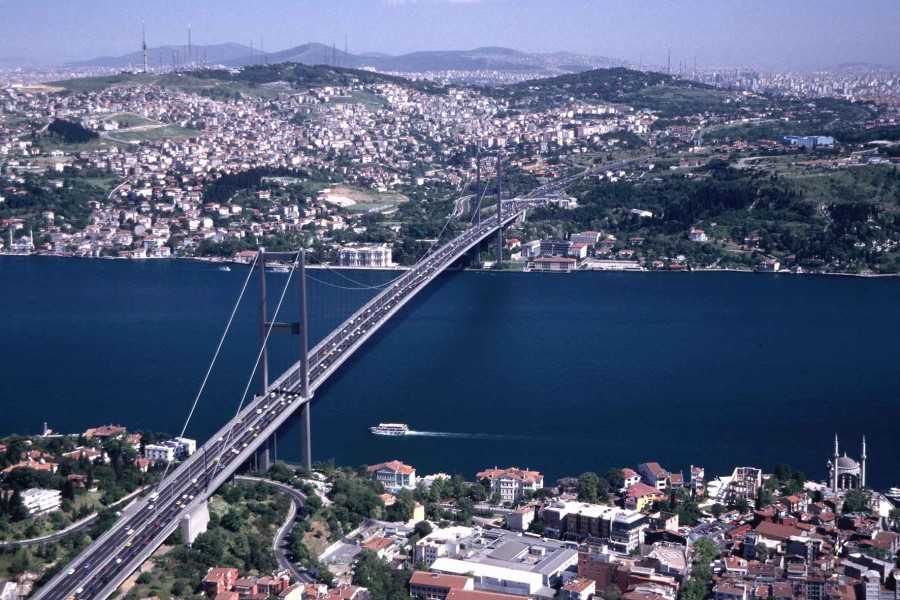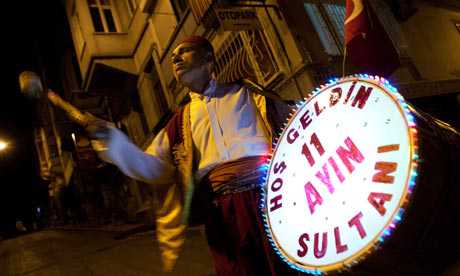Miss a Beat and Get Drummed Out; ‘We Don’t Want Amateurs Here’
By JOE PARKINSON
ISPARTA, Turkey—In most countries, shouting songs and banging drums through residential neighborhoods at 2 in the morning could get you arrested. In Turkey, it is a way to earn a little money.
Every year, during the holy month of Ramadan, which ended this month, Turks are roused before sunrise daily by an army of drummers noisily celebrating the arrival of the Sahur: the last meal for pious Muslims before they begin the daylight fast. At the end of the holy month, the beat-makers collect cash donations from residents eager to show appreciation for the rigor of the rhythm and the soulfulness of the song.
Turkish drummers have been facing a call to up their game in order to be able to get a license to drum on the streets in the wee hours of the morning during Ramadan. WSJ’s Joe Parkinson reports from Isparta, Turkey, on the exam potential drummers must pass.
But residents of one drum-loving town, believing that standards for this 500-year-old tradition have been slipping, are demanding a better beat for their buck.
The western Turkish city of Isparta, famed for the production of rosewater, is in the vanguard of a movement that calls for drummers to qualify for an official license. It is a response by local authorities to complaints that unqualified percussionists were ruining things with poor rhythm, bad melody and aggressive demands for payouts.
In preparation for this year’s festival, which began July 19, about 60 of Isparta’s wannabe drummers faced off at a sort of boot camp where they played traditional rhythms and recited religious couplets called Manis to stone-faced judges to prove they were qualified.
The 50 candidates who passed the July exam each got a license: a laminated card emblazoned with a picture and identity number designed to stop maverick drummers from claiming the certified drummers’ rewards.
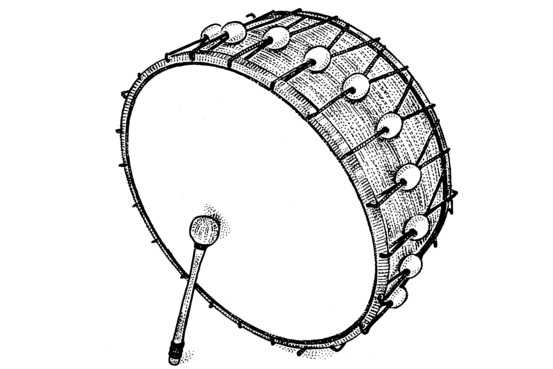
Eleven hopefuls were rejected by the five-man judging panel of local officials and professional musicians, who cited “substandard rhythm,” “poor knowledge of traditional songs,” and “an inability to perform under pressure” as reasons for failure.
“It’s not as simple as just banging the drum; you can understand the quality of someone’s rhythm even by the way he is holding the instrument. If he can’t maintain the rhythm while singing the poem, he isn’t a professional and we don’t want amateurs here,” said Cinar Helioglu, Isparta’s police chief, head of the judging panel.
“Across Turkey, we’re seeing many of our traditions diluted and we won’t let that happen. This year we’ve had no complaints about the drumming and everyone says the quality has improved dramatically,” he said.
via Turkey Tough on Rules for Drummers – WSJ.com.
more : https://www.wsj.com/articles/SB10000872396390444230504577615062052946478

